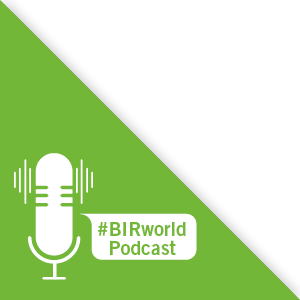Nearly 87% of all UK adults have now had their first dose of a COVID vaccine while 66% have had a second jab and are therefore fully vaccinated. Unfortunately, after declining substantially since the start of the year, the average number of daily confirmed cases has been rising sharply in recent weeks, driven by the Delta variant. On the plus side, there has been no sharp escalation in hospital admissions and so England is due to lift all COVID legal restrictions from July 19, meaning an end to social distancing rules and no limits on numbers meeting indoors or outdoors.
The furlough scheme is due to end on September 30. The government says 11.6 million jobs have been supported since the scheme began; this has cost approximately £66 billion but has undoubtedly helped to save millions of jobs. Many forecasters, including the Bank of England, are expecting a small rise in unemployment after the furlough scheme ends. At the start of the pandemic, it had been feared that more than one in 10 workers would become unemployed; instead, the unemployment rate is currently less than one in 20. Job vacancies are becoming noticeably more prevalent within the metals recycling industry, especially as the UK is currently experiencing a shortage of heavy goods vehicle drivers.
The government has committed to: reducing economy-wide greenhouse gas emissions by at least 68% by 2030 when compared to 1990 levels; and becoming carbon neutral by 2050. To help meet its climate change and air quality targets, the government has announced that it will remove the entitlement to use red diesel from the recycling industry from April 2022. From a scientific point of view, red diesel is no different to normal diesel except that it has a red dye added to the fuel, but economically it is heavily rebated. The government believes removing red diesel entitlements will help to ensure that the tax system incentivizes users of polluting fuels like diesel to improve the energy efficiency of their vehicles and machinery, invest in cleaner alternatives, or just use less fuel. This will significantly impact and increase costs for metal recyclers who currently use red diesel to power off-road machinery and equipment.
Non-ferrous merchants and traders are reporting continued interest and demand for all metals from buyers not only in the UK but also from Europe, India and the Far East. The enhanced quality criteria set by China remain a challenge but are being met. The increase in the LME lead price initially encouraged more material into the market; this is traditionally the stockpiled metal of choice for UK merchants awaiting significant price increases, but this proved to be short-lived.
Merchants seem less inclined to stockpile any grade of non-ferrous metal and gamble on another substantial hike in prices, possibly as a nod to lessons learned when the market suddenly crashed in 2008.
High prices correlate directly with instances of metal theft in the UK and so merchants are reducing their security risks by lowering stock thresholds and selling in smaller parcels. Thus, some exporters are finding it difficult to source significant quantities, with parcels of more than 10 tonnes becoming scarcer and thus attracting premium prices. This means margins have not widened as much as would normally be anticipated given the strength of LME prices.
These high LME values are also increasing merchants’ needs to liquidate stock more quickly and in lower quantities to improve cash-flow. Furthermore, credit insurance is becoming harder to obtain, with reassessments sometimes leading to limits being lowered, necessitating the trading of lower volumes if the merchant wishes the whole parcel to be covered by credit insurance.
As we leave behind the COVID restrictions and enter the traditional summer holiday period, there is uncertainty as to whether trade will slow as in previous years. As fewer people are taking holidays abroad this year, there are hopes the metal trade will continue unabated this summer.

Susie Burrage
Recycled Products Ltd (GBR), Board Member of the BIR Non-Ferrous Metals Division
Country
 United Kingdom
United Kingdom
